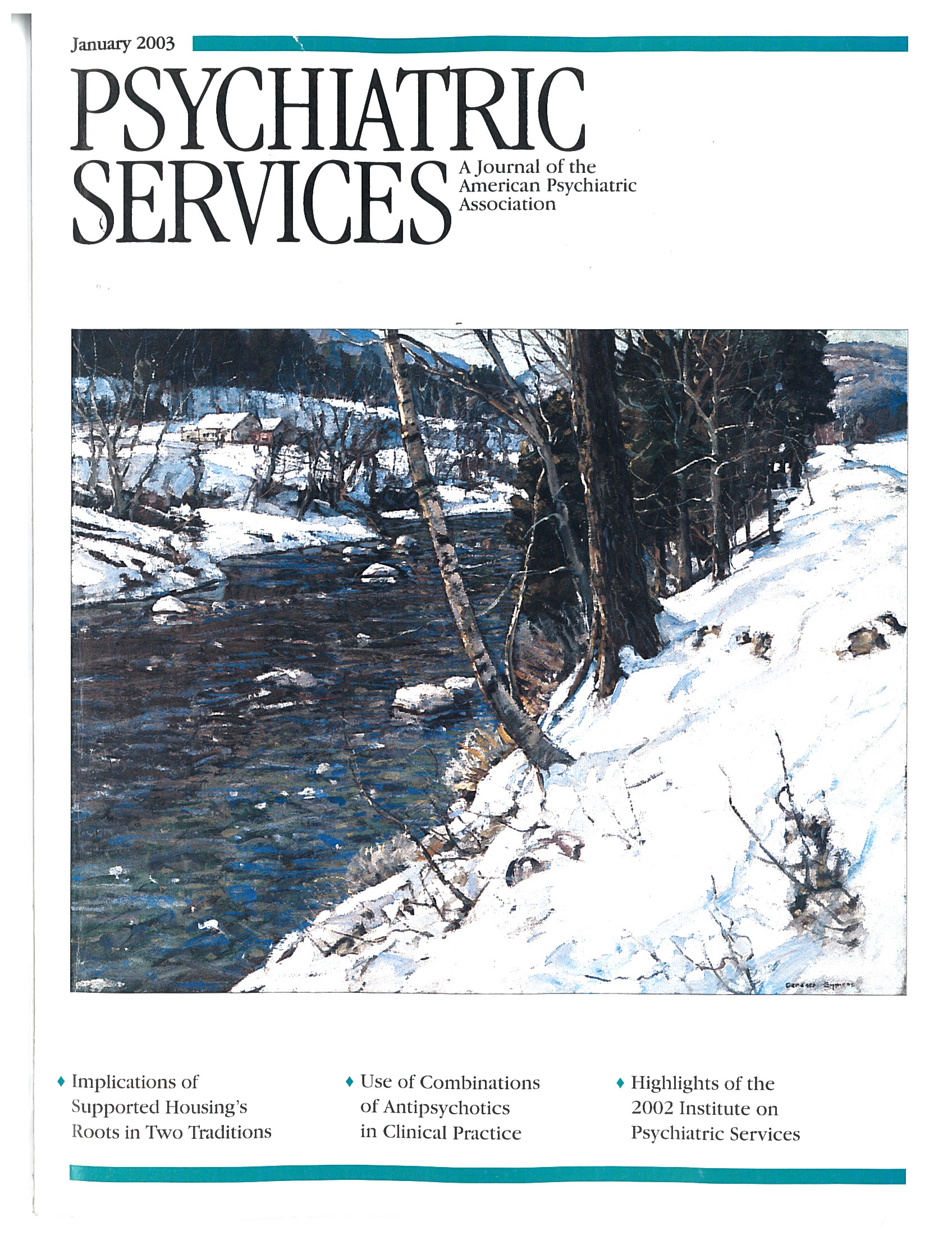Father Hunger: Explorations With Adults and Children
James M. Herzog, M.D., is a child psychiatrist and child psychoanalyst at Harvard University. In this book he explores his concept of "father hunger"—the longing for a figure to fill the role of the father that people experience during their lives.
Herzog first came up with the concept of father hunger when he was treating a group of small boys who were having nightmares that involved terrible threats of violence. The nightmares were precipitated by the recent loss of their fathers and left them facing violence, needing rescue. According to Herzog, the father plays the intrapsychic role as the modulator of aggressive drives and fantasies. Children or adults who experience father hunger yearn for a figure that can help them formulate their response to aggression and tolerate trauma.
The book is composed of a series of vignettes of Herzog's sessions with men, women, and children and gives a private glimpse into the intimate relationship of the psychoanalyst and his analysand. Father Hunger is not a primer on psychoanalysis and is not laden with psychoanalytic jargon. However, one term that is introduced is the concept of the Spielraum, or "play space." The Spielraum is the intermediate space that the analyst and analysand create together. Within the Spielraum, the analyst and the analysand replicate developmental processes and the ways the child relates to the mother, the father, or both.
Another "play" concept that Herzog describes is the "shift to the left" in play that results when someone experiences trauma. He describes play as the ego function that is involved with trying on, revising, and making meaning without primary attention to the constraints of reality in order to create the self in a manner that is permissive and allows multiple drafts. Herzog defines trauma as something that occurs when what happens or what does not happen overwhelms the ego's capacity to play—that is, to try on, take off, orchestrate, and reorchestrate experience. Trauma causes a regression or reversal of the developmental process, a "shift to the left." This regression results in play going from an activity that involves displacement and symbolic equivalent, to one of enactment, to one of interactive enactment in which the prescribed participation of another is required. Some of the vignettes show ways the child psychoanalyst participates in this directed play.
Many chapters have quite erotic content, playing with themes of homosexuality, bisexuality, perversion, therapist-patient boundaries, and the adaptation of the analyst-analysand relationship. Herzog is also well known for his interest in the experiences of Holocaust survivors, and a subtheme of his book is the indirect effect the Holocaust has had on his patients. The stories of the patients elucidate their grappling with father hunger, but a layer of uninterpreted information is left for the reader to play with. Father Hunger would be an excellent book for anyone interested in the development of the masculine self, Holocaust survivors, or child psychoanalysis or wanting an intimate glimpse of the Spielraum of the child analyst-analysand relationship.
Dr. Matthews is affiliated with the department of psychiatry at Oregon Health and Science University in Portland.



